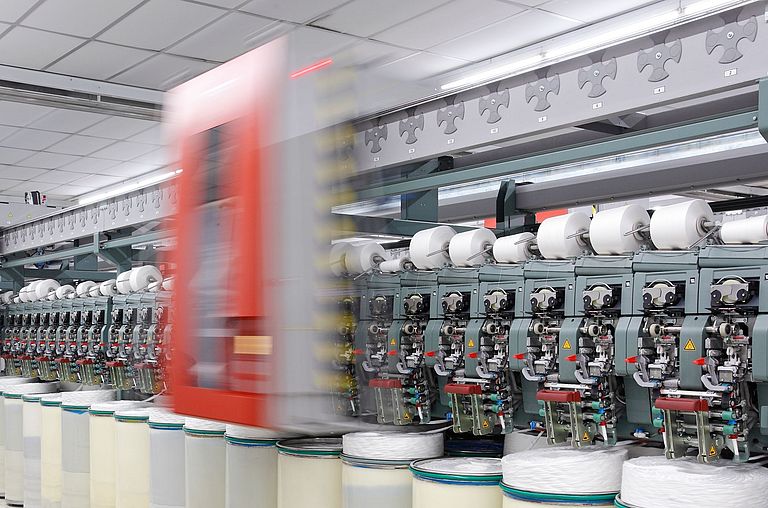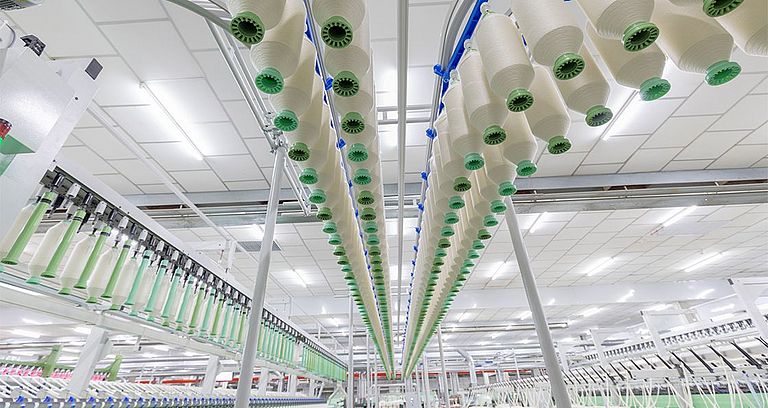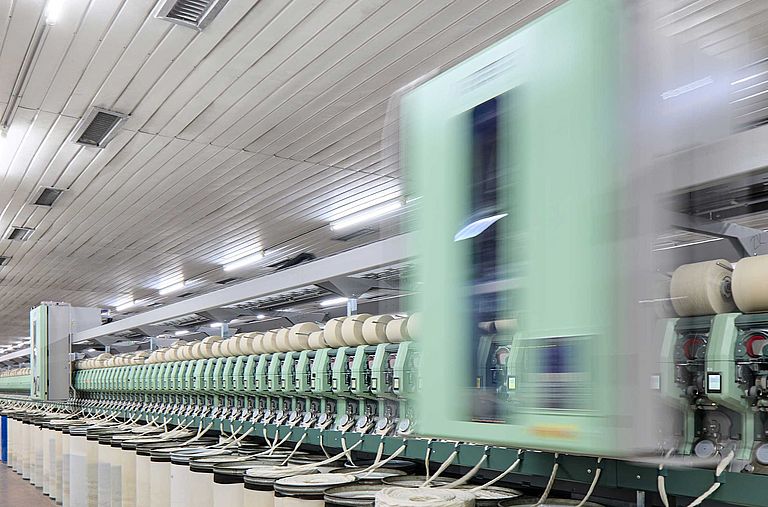Climate

Climate change is threatening lives and livelihoods. The fashion industry and with it the textile industry are accountable for a significant part of global carbon emissions. Doing more with less is key to decarbonizing and improving the industry’s environmental footprint.

Energy Efficiency
The cleanest energy for spinning mills is the energy that doesn’t need to be produced in the first place. Energy efficiency is decisive when it comes to improving sustainability in the spinning process. Rieter offers an energy-efficient product range for all spinning systems so that yarn manufacturers require significantly less energy.

Automation
Automation presents real opportunities for spinning mills. It enables a more efficient use of resources and helps improve the quality of work. Repetitive tasks are left to machines, so people can focus on activities that enrich their jobs and add value to the business.

Digitization
The spinning mill management system ESSENTIAL connects all machines, auxiliary equipment and operational management systems in one or more spinning mills. Inefficiencies become visible at a glance so that immediate action can be taken. This is how mills can achieve maximum efficiency while minimizing their environmental impact.

Productivity
Getting the best out of limited resources while delivering top quality – that is the strength of Rieter spinning systems. Whether ring, compact, rotor or air-jet spinning, all systems enable spinning mills to achieve maximum productivity which positively impacts ecological balance.